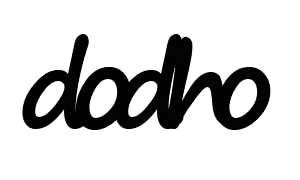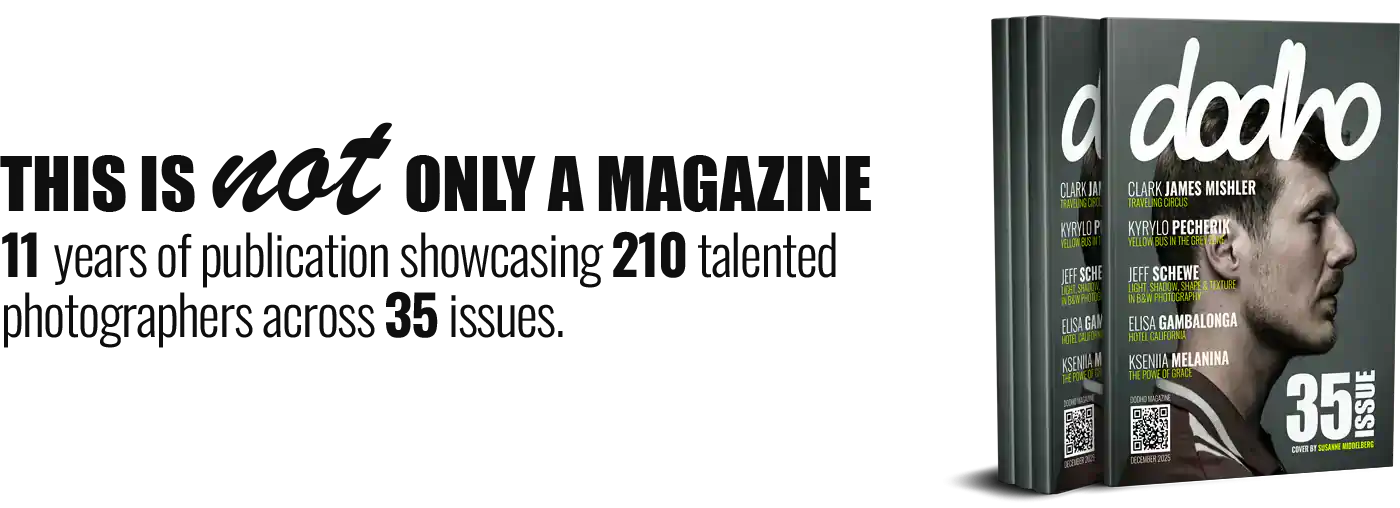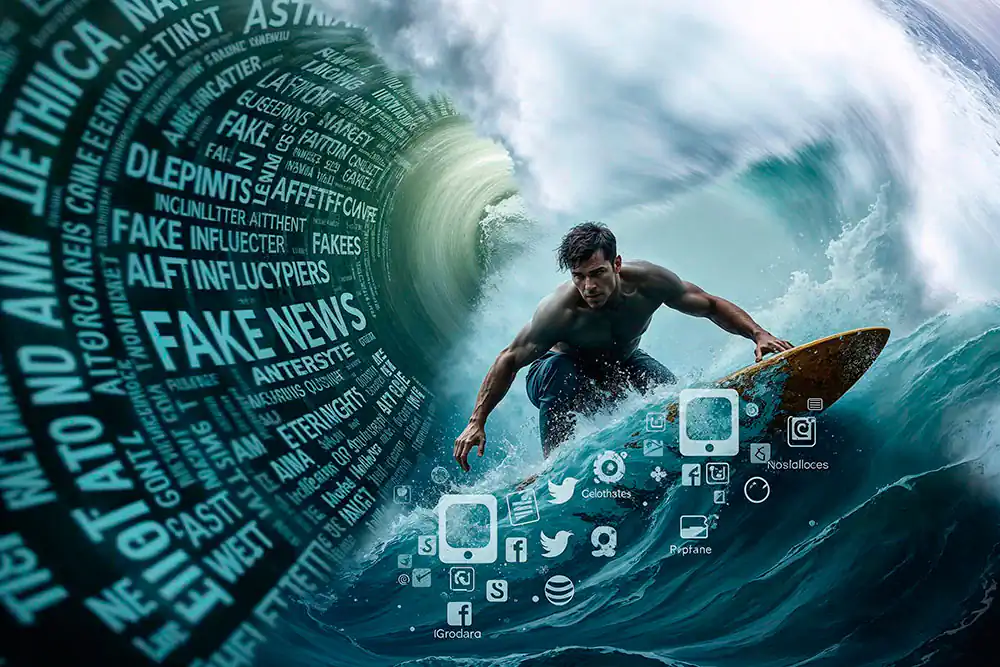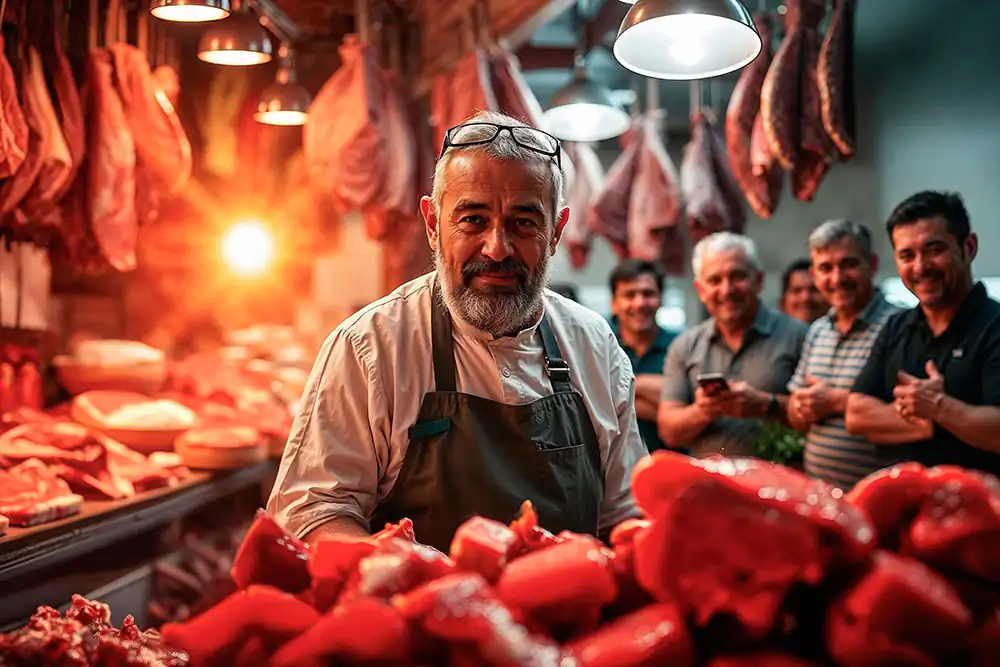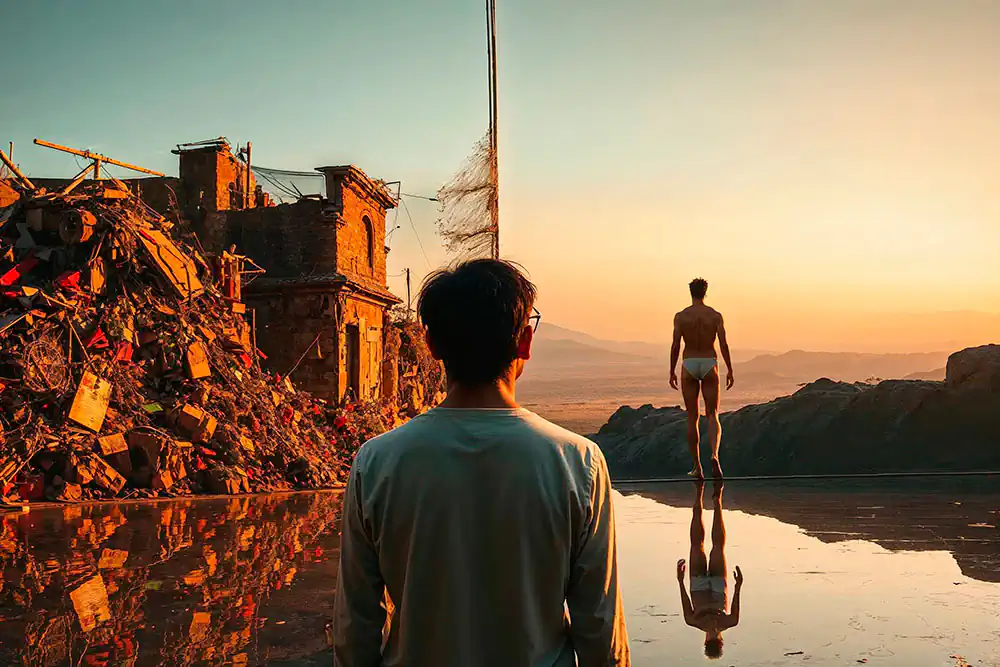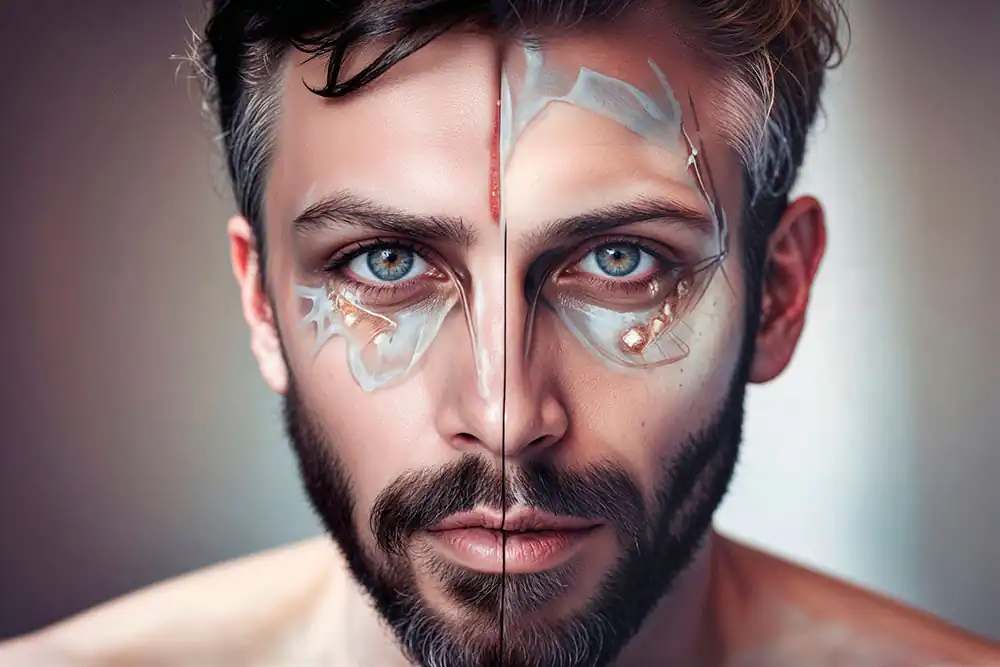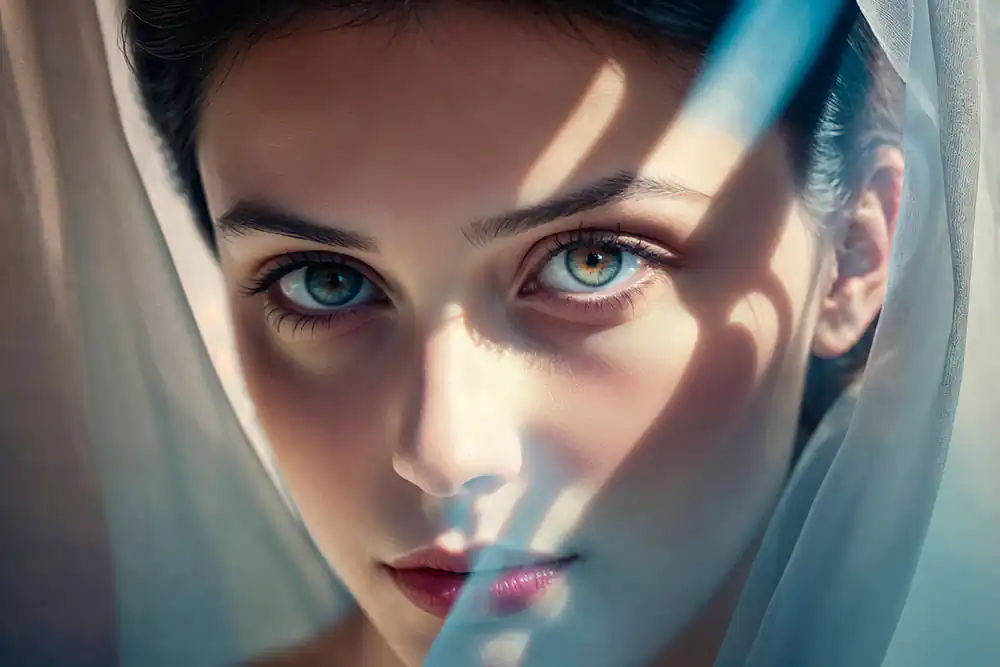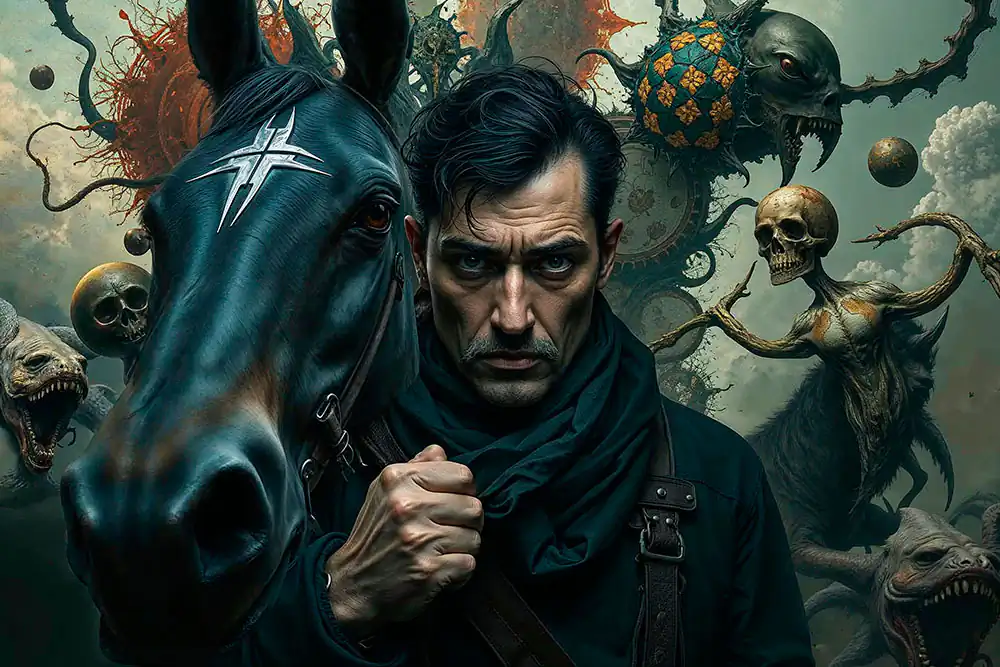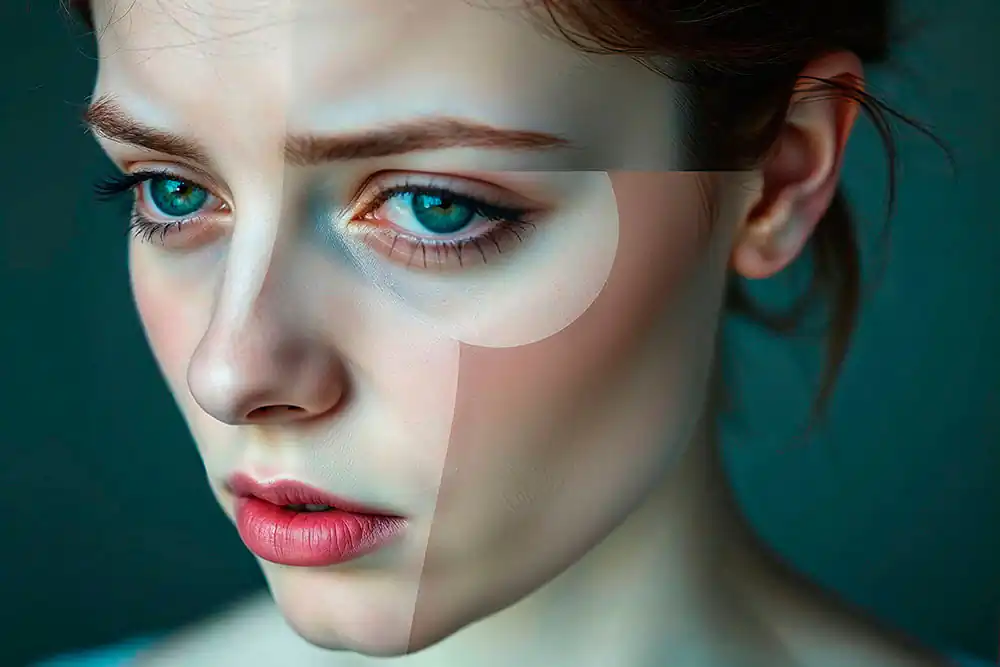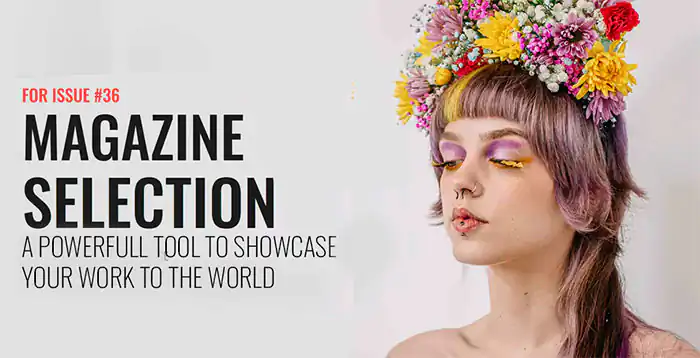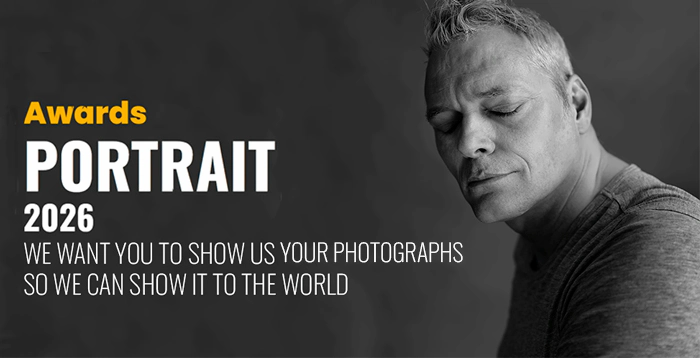When I was a child, I remember that a rather cruel way to expose the “gullible” and then make fun of them was to say, “Look! There’s a flying donkey!” while pointing your index finger at any spot in the sky.
If the unfortunate victim looked up at that spot, it would be clear that they lacked critical thinking skills… and then the group would rise up in unison to mock them with a phrase that was as stupid as it was effective, and which rhymes in Italian: Ci hai creduto, faccia di velluto! (“You believed it, you sucker!”). This phrase forever labeled that person as gullible, someone who could be “fed” anything. This pattern had the advantage of stimulating critical thinking among the members of the group who, in order to avoid becoming the laughingstock, kept alive a mechanism of reasoning to form their own opinion about the things that others tried to pass off as truth.
Let us now consider what is happening today; we live in a context of confusion and noise, a time saturated with stimuli, opinions, fakes, pseudo-surveys, trending topics. We are surrounded and infected by excessive ignorance, by the inability to process the amount of information we constantly receive. Many of us give up in the face of this mountain of data and pseudo-information, some to safeguard their mental integrity, others out of mental laziness. The risk is that we often delegate our ability to think and therefore to act to an algorithm, a machine, an influencer, or those who have a political or economic interest in spreading a certain line of thought. In this way, we reduce ourselves to sharing ideas that we have just skimmed with a quick scroll or repeating the words of others (typically strangers) who in turn echo some idea based on nothing.
Immediacy and surfing-thinking have become a value, a way of being in the world, shaping our lifestyle, our way of thinking, and our decision-making. We react instead of reflecting; we prioritize the immediate (not even the urgent!) over the important.
What is the danger in all this? After what I said earlier, I certainly cannot be the one to give the answer! The right thing to do would be to let each of you find your own answer… but I would like to tell you an anecdote that happened to me a few weeks ago.
I was at my trusted butcher’s, a very pleasant and witty person who told me that another customer had recommended a short story to him about a vegetarian butcher who, unlike him, who talked a lot, listened very carefully but never spoke, yet managed to provide his customers with answers through his silence.
I found the subject very interesting and asked my butcher who the author was, and he replied that the customer had told him, but that he couldn’t remember because he forgets unimportant things… I was left wondering what important things he does remember… and, seized by a sudden cosmic pessimism, the following questions immediately came to mind: Have we perhaps reached the point where we find it difficult to realize the relevance of stories? If no one guides us in our daily lives, are we lost? Are we incapable of finding meaning on our own? Where has our ability to extrapolate meaning from the metaphors that life presents us gone? Have we really reached such a level of emptiness that we are incapable of creating our own daily lives? Who holds the reins of our lives?
I have a son with Down syndrome and I am fortunate enough to interact very often with a segment of humanity that is the polar opposite of everything I described earlier. I am talking about people who, with altruism, contribute to giving a dignified life to those who need help; and in this context, I am referring above all to those who voluntarily and without financial reward offer their humanity and their time to other people. When I am in contact with them, I feel reconciled with the world, my hope in my fellow human beings is rekindled, and I believe that it is still possible to reverse the course of events; I feel the scent of re-enchantment.
Emptiness can be paralyzing, and the noise of information makes it difficult to discern the ephemeral from the permanent, but it is perfectly possible to find your own path, to have your own compass to guide you even in the midst of uncertainty.
First of all, we should slow down, give ourselves valuable time, cultivating moments of intentional pause; the next step is not to be afraid of the positive solitude that is created around us to leave room for thought. Many, having reached this stage, tend to give up because they cannot stand naked in front of a mirror and prefer to have an image of themselves that is blurred and confused by noise. Instead, we must persevere; accept ourselves with all our strengths and weaknesses, allow ourselves to make mistakes; explore. We never grow unless we put ourselves out there! But I believe the reward is worth it: regaining our critical faculties, taking back control of our daily lives, being truly free, creating content for our story.
We must also remember that we are the experiences, decisions, mistakes, successes, and life we have lived; we are not the result of chance. Therefore, becoming aware of our past is a way of understanding why we are who we are. If we are merely followers of “influencers”, content surfers, social media scrollers, gamers, we are becoming like sheep in a flock whose dangerous shepherd we do not even know.
If we can know who we are, perhaps we will be able to have a clearer vision of the present, and this will allow us to create the scenarios of the future we desire and finally act accordingly to try to build them. In this way, we will regain control of our daily lives and be able to live in the moment with intention. Observing, listening, empathizing, not always running away: these are all actions that would help us to establish an open approach that creates space for the unexpected and a clear criterion for understanding who and what is worthy of our attention, allowing us to focus on what is important and at the same time regain the ability to decide, to form our own opinions, and to create our own perspective.
And only now will I explain why this article is being published in a magazine and visual platform. Dodho is undoubtedly a platform for artistic freedom, and I am infinitely grateful to it for the space it gives to my proposals, which sometimes stray from visual art and enter a sphere that I could define as “psycho-social”.
Those who create know very well that we ourselves and the world we relate to are an integral part of our visual proposals. Each of our gazes is a reflection and consequence of our experiences. Gaze and life go hand in hand: understanding how we look means understanding our own lives and deciding how we want to look, it means designing our own future lives. Looking is a vital act; creating through the gaze is an act of thought; the tools we use to do so (any tool, even AI) are just tools; behind them is the intention of the gaze which, as I tried to explain earlier, can only exist if we have educated it with the relevance of our opinions, decisions, experiences, and stories.
This intentional gaze is our gaze, which is unique, which belongs to us and which we must continually nurture to allow it to learn and, at the same time, be able to adapt to new contexts. We nurture it with the attitude (rather than the ability) to observe; it is conditioned by the space we are in; it depends on our ability to imagine the possible; and finally, it is associated with our willingness to create with intention.
The significance of our lives, and therefore of our gaze, derives from the stories in which we are able to actively participate. If we are unable to write our own stories, someone else will write them for us, or we will adopt those that are available to us and then wait for someone else to give meaning to our story (how sad that would be!). We must be able to transform what happens into our own experience and, if possible, share it. We must be able to face situations with presence, awareness, and humanity, by actively listening to others and admitting that we do not always have an immediate answer. Thinking has a lot to do with imagination, and our ability to do so is the best weapon we have to feel, see, think, and be free. [Official Website]
Photosatriani
I am a curious of life with idealistic tendencies and a fighter. I believe that shadows are the necessary contrast to enhance the light. I am a lover of nature, of silence and of the inner beauty. The history of my visual creations is quite silent publicly but very rich personally, illuminated by a series of satisfactions and recognitions, such as: gold and silver winner in MUSE Awards 2023; Commended and Highly Commended in IGPOTY 2022/19/18, honorable mention in Pollux Award 2019; selected for Descubrimientos PhotoEspaña (2014), Photosaloon in Torino Fotografia (1995) and in VIPHOTO (2014). Winner of Fotonostrum AI Visual Awards 2024. Group exhibitions in: Atlántica Colectivas FotoNoviembre 2015/13; selected for the Popular Participation section GetxoPhoto 2022/20/15. Exhibitions in ”PhotoVernissage (San Petersburgo, 2012); DeARTE 2012/13 (Medinaceli); Taverna de los Mundos (Bilbao); selected works in ArtDoc, Dodho, 1X. A set of my images belongs to the funds of Tecnalia company in Bilbao, to the collection of the "Isla de Tenerife" Photography Center and to the Medicos sin Fronteras collection in Madrid. Collaborator and interviewer for Dodho platform and in Sineresi magazine [Website]
